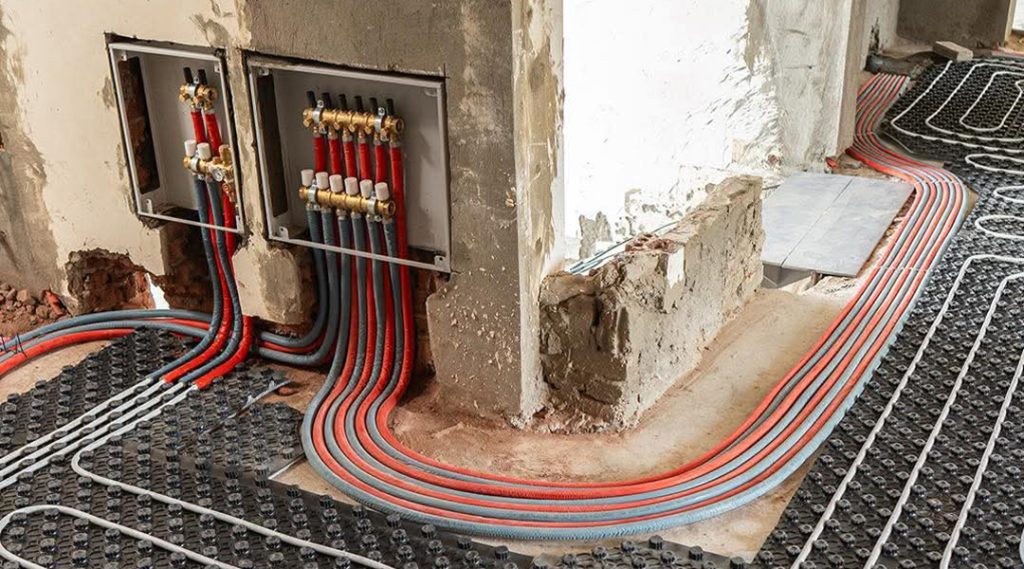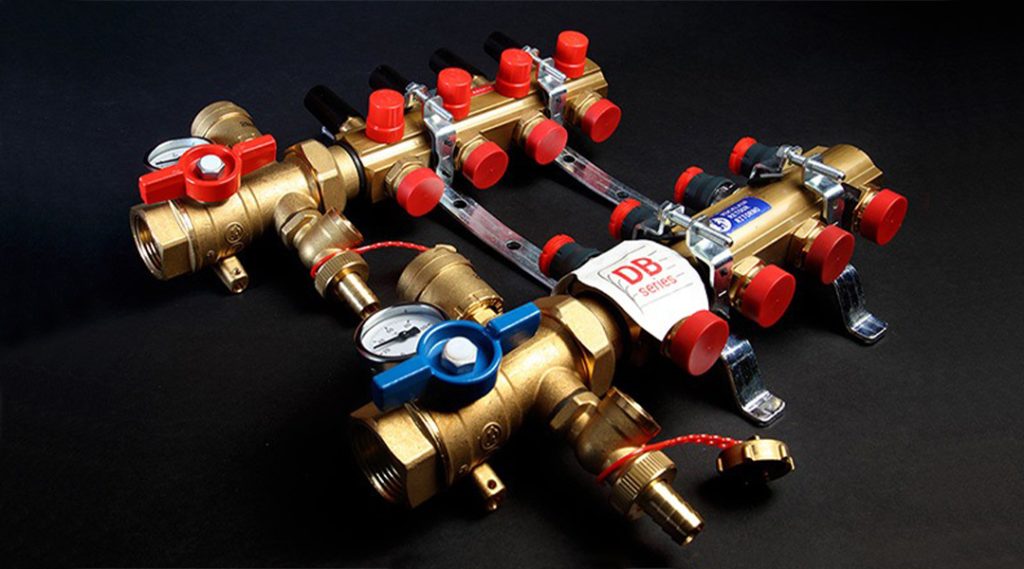Dive Into Comfort: A Beginner’s Guide to Pool Heating
There’s nothing better than taking a dip in your pool—except when the water feels more like an ice bath than a relaxing oasis. That’s where pool heating comes in. Whether you’re a casual swimmer, a fitness enthusiast, or just love entertaining guests, heating your pool can extend your swim season and turn your backyard into a year-round retreat.
In this post, we’ll explore the different types of pool heaters, the pros and cons of each, and how to choose the right one for your needs.
🌡️ Why Heat Your Pool?
1.Longer Swim Season
Heated pools can be enjoyed for more months of the year—even in cooler climates.
2.Comfort and Relaxation
Warm water is soothing for the muscles, great for therapy, and makes nighttime swimming enjoyable.
3.Better Use of Investment
You’ve invested in your pool—why not use it more often?
Types of Pool Heating Systems
1. Solar Pool Heaters
•How it works: Uses solar panels to capture sunlight and circulate water through them.
•Pros: Eco-friendly, low operating costs, long lifespan.
•Cons: High upfront cost, weather-dependent, needs roof space.
•Best for: Sunny climates with a long swim season.
2. Electric Heat Pumps
•How it works: Draws heat from the air and transfers it to the pool water.
•Pros: Energy-efficient, consistent heating, lower operational cost than gas.
•Cons: Slower heating time, less effective in colder weather.
•Best for: Mild to warm climates where air temperature stays above 50°F (10°C).
3. Gas Pool Heaters
•How it works: Burns natural gas or propane to heat the water directly.
•Pros: Fast heating, works in any weather.
•Cons: Higher fuel costs, shorter lifespan, not eco-friendly.
•Best for: Quick heating, occasional pool use, or cooler climates.
What to Consider When Choosing a Heater
•Pool Size: Larger pools need more powerful systems.
•Budget: Factor in both installation and long-term energy costs.
•Climate: Solar might not be practical in cloudier areas.
•Usage: Do you swim daily, seasonally, or occasionally?
•Installation Space: Solar needs roof or ground space; gas and electric need room for units.
Tips for Efficient Pool Heating
•Use a pool cover to trap heat and reduce evaporation.
•Maintain your heater regularly for long-term performance.
•Run heaters during the warmest part of the day to maximize efficiency.
•Combine systems—like solar + gas—for flexibility and savings.
Pool heating might seem like a luxury, but it’s really about making the most of your space and investment. Whether you want a longer swim season or just more comfort on cool nights, there’s a heating system that fits your pool and your lifestyle.
So go ahead—dive into warmth, and enjoy your pool the way it was meant to be enjoyed: any time you want.


